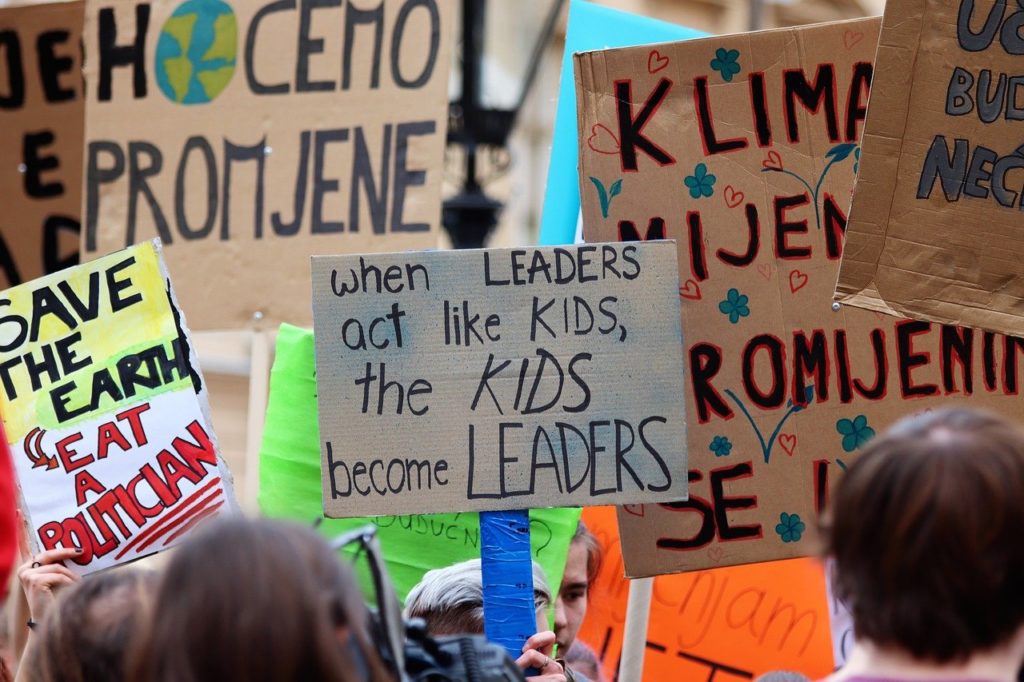Introduction
Read the following overview and complete task 1 at the bottom of the page.
We are told so many things about Climate Change. The United Nations is warning that it is a systemic threat to human and other life forms, which can only be solved by global collaboration. We know for certain, it will touch every aspect of the life of young people currently in school in the UK, and, every young person across the world. Climate change has become a Climate Crisis. One way forward is to make sure young people are ‘climate literate’ and equipped to address it. We hope that climate lessons will help. We hope that this course and our climate lessons will help.
“If we don’t take action, the collapse of our civilisations and the extinction of much of the natural world is on the horizon.” David Attenborough 2018
The UK media has tended to present the Climate Crisis as being about a single issue, global warming, with a single solution – carbon reduction. This takes advantage of a human tendency to look for simplicity (alt: desire for simplicity). In reality, the climate crisis has arisen out of inter-connected and very complex processes. These economic and social processes – like over-consumption, social aspiration and inequality – are global and we are all implicated in them. Our lives are governed by a web of global interconnections; these aren’t random relationships but interdependencies, which are woven into our lives. From the banks where we store our money to the fuel we put in our cars, the food on our plates and the clothes on our backs, we ‘contract’ into the global supply chains every day.

These processes aren’t new. But what really got them going was the ‘new kid on the block’ in terms of human history – industrialisation. For the last 170 years societies all over the world have been doing it. Our industries have put 375 billion tonnes of carbon into our atmosphere. Some societies have been more active in the processes that have caused the crisis. Britain was one of the very first. We are just beginning to see the very first impacts of the process of industrialisation carbonising the air – in floods, cyclones, fires, crop failure and extreme weather.
Unfortunately, societies who have been less responsible are amongst those suffering first and most severely. These include many African countries, some of the societies with the least money and power. It makes climate change a social justice and a racial justice issue. As summed up by Patrisse Cullors and Nyeusi Nguvu, members of the Black Lives Matter movement, “Racism is endemic to global inequality. This means that those most affected – and killed – by climate change are Black and poor people”. Black people made up over half of total fatalities and over 80% of the homes that were lost during Hurricane Katrina belonged to Black people.
The Covid pandemic showed that we are capable of swift and far-reaching changes in a very short space of time. To find solutions and build our resilience to the big climate changes that are coming, knowledge and understanding in all areas are necessary – from science, technology to psychology and culture. Schools have a key role in transferring this knowledge and also in supporting students. Many young people are finding that taking action is helping them face the fear and anxiety about the future.
Click on the task below and answer the questions.